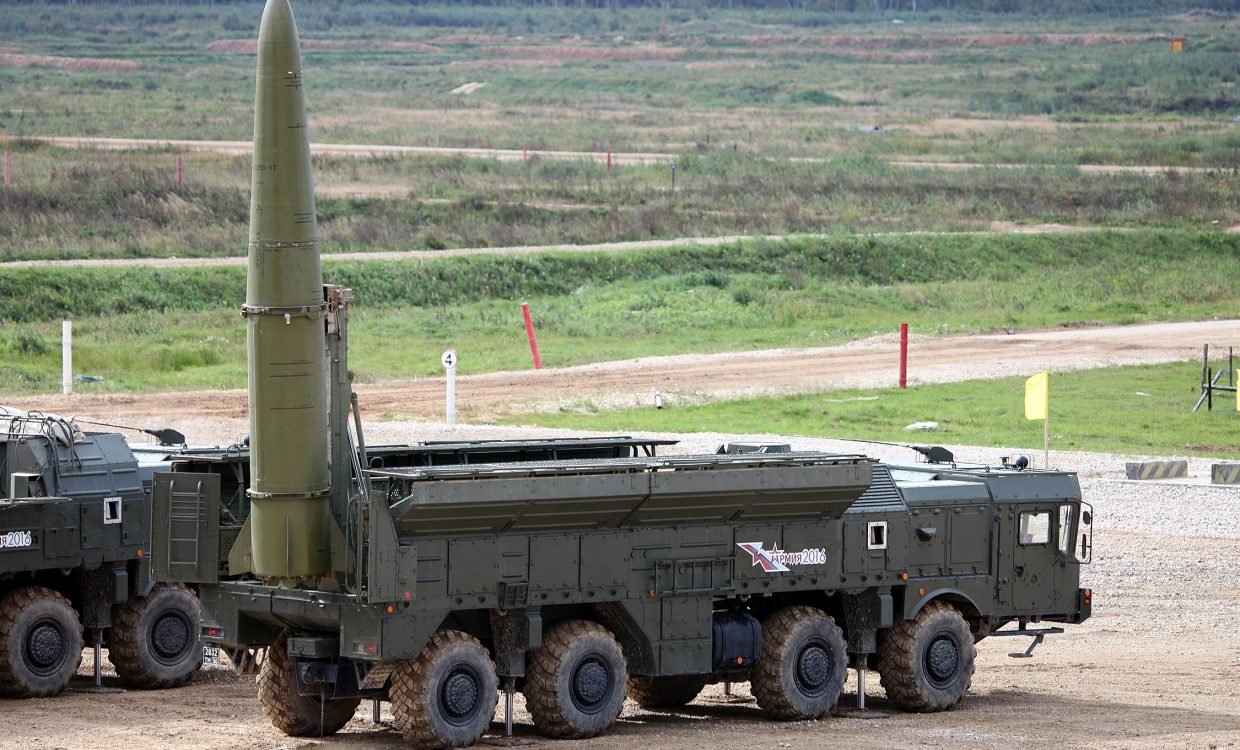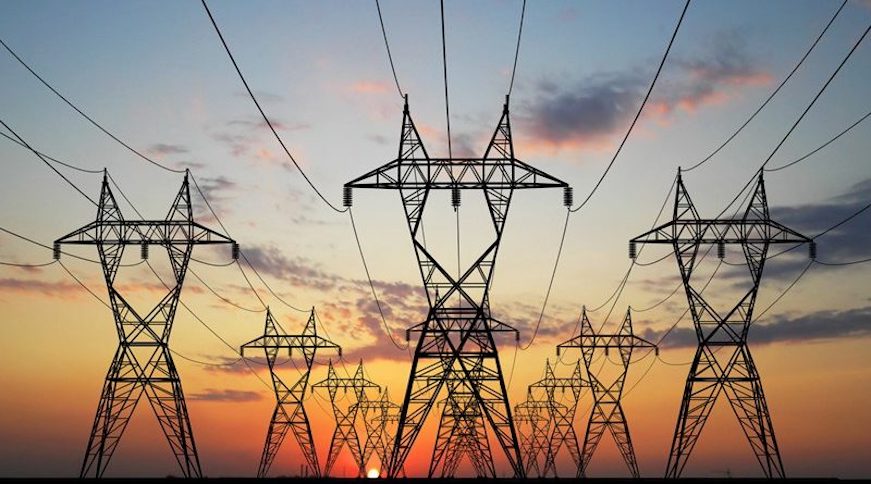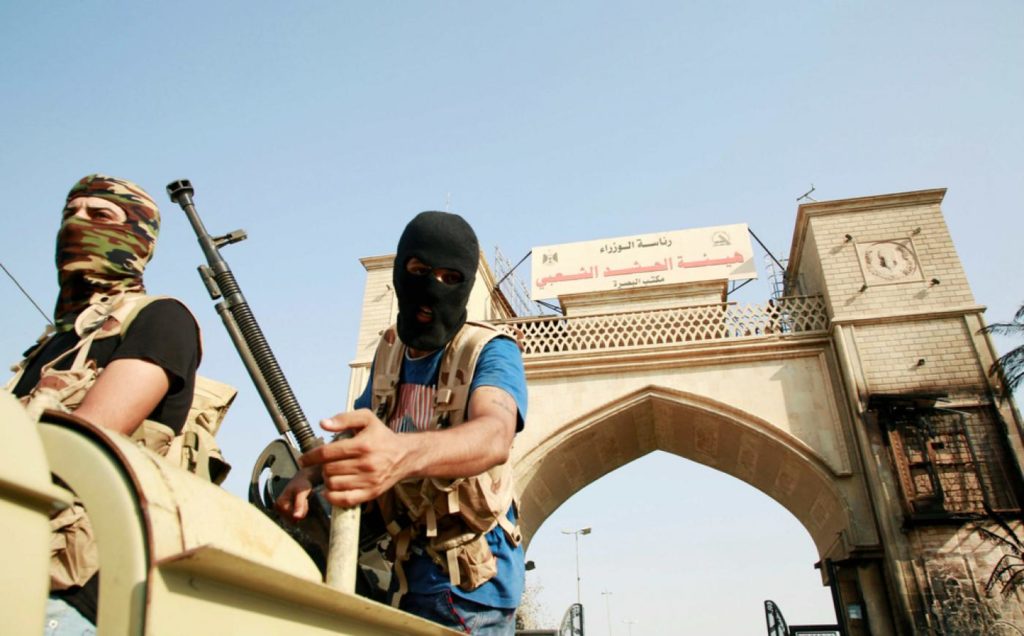Weapons of Mass Destruction
Eric R. Terzuolo

Weapons of mass destruction have been on NATO’s agenda since the early days of the Alliance and will remain there. The NATO nuclear deterrent, a careful collaboration between the United States and the European allies, seems destined to remain an important transatlantic link. NATO remains an indispensable forum for consultation and, to some degree, joint decision making on arms control and countering WMD proliferation. The Alliance also has proved itself a valuable tool for building the capacity of the Allies and partner countries to deal with WMD threats and for sharing information on such threats.
No surprise that NATO’s 2010 Strategic Concept committed the Alliance to continued active engagement on arms control, non-proliferation and disarmament. On the 5th of March of this year, for example, the North Atlantic Council (NAC) issued a statement celebrating the Treaty on the Non-Proliferation of Nuclear Weapons (NPT) on the 50th anniversary of its entry into force.
But such declarations are ringing empty these days. Alliance leaders should accept that we are entering, or perhaps already have entered, a post-arms control and post-non-proliferation era. A June 2020 special report in The Economist was eloquently titled: “The clock is ticking for nuclear arms control.” But even that was perhaps too optimistic; it can be hard to accept the deterioration of the post-war international security order, but we clearly are moving back to a more Hobbesian international reality. Not yet the war of all against all, but some key powers are embracing a more conflictual world view, with self-help as the watchword.
There is plenty of blame to go around. As NATO rightly agreed, Russia had violated the INF Treaty with deployment of SSC-8 cruise missiles, but it was the United States that actually withdrew, putting an end to the treaty, and its inherent rules of international conduct. It is difficult to be optimistic about a renewal of the New START Treaty before it expires in early February the next year. The Trump Administration’s insistence on bringing in China, an entirely different sort of nuclear power, is a likely deal breaker. Chronic Russian sabre rattling does not help, neither is the USA explicitly keeping the door open to renewed nuclear testing.
The international non-proliferation regime, in turn, has proved itself incapable of blocking North Korea from joining the club of de facto nuclear powers. And the often-praised, now in practice defunct nuclear deal with Iran, at its best, entailed great expenditure of political capital to achieve a limited and temporary objective.
Trying to turn back the clock to a more norm- and regime-based era could be a waste of time and political energy. Perhaps NATO’s focus should be on individual countries and promoting responsible conduct. US ability to exercise leadership in the Alliance will be key. Everyone at NATO HQ has been walking on eggshells, but there are prospects for positive near-term change in Washington. Former Vice President Biden has a strong record of responsible approaches to WMD and other security challenges. US allies should prepare to seize the moment, and signal clearly their expectations for genuine, proactive intra-Alliance collaboration.
Putin and Xi, though, are not going anywhere. Regime transformation is improbable in Iran and North Korea. Could NATO, however, become the place for deciding how to use the resources of the Alliance countries to promote change in the policies of such countries of concern? The Alliance’s primary added value arguably has always been as the key forum for transatlantic deliberation and decision making.
At the same time, NATO’s relevance in nuclear deterrence and in promoting the ability of Allied and partner countries to deal with nuclear, radiological, chemical, and biological threats will remain. Perhaps even accentuated as control regimes deteriorate. NATO, in sum, is not an arms control or non-proliferation organization as such, but does have an important role to play.

Eric R. Terzuolo
Eric R. Terzuolo is a teacher, scholar and practitioner of international relations, with particular expertise in European politics, NATO affairs, arms control, and non-proliferation. From 2010 until recently, he was contract to the Foreign Service Institute, the Department of State’s training unit, with responsibility for West European area studies.




